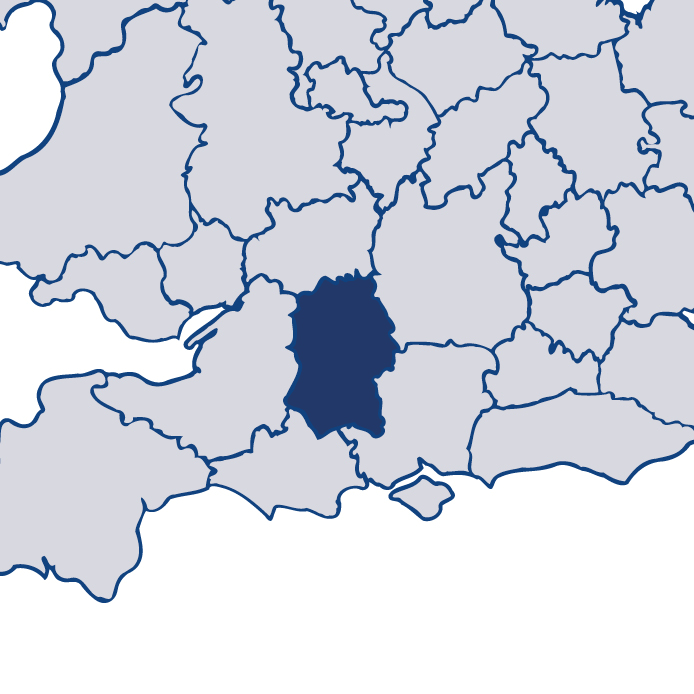Wiltshire 2017
Read more about WiltshireThis is HMICFRS’ fourth PEEL (police effectiveness, efficiency and legitimacy) assessment of Wiltshire Police. PEEL is designed to give the public information about how their local police force is performing in several important areas, in a way that is comparable both across England and Wales, and year on year. The assessment is updated throughout the year with our inspection findings and reports.
The extent to which the force is effective at keeping people safe and reducing crime is good.
The extent to which the force is efficient at keeping people safe and reducing crime is good.
The extent to which the force is legitimate at keeping people safe and reducing crime is good.
HMI's observations
Read my assessment of Wiltshire Police below.
I am very pleased with the performance of Wiltshire Police in keeping people safe and reducing crime.
The force works effectively with a range of partner organisations to identify and protect vulnerable people, and provide them with services that meet their individual needs. An expanded mental health triage team provides access to trained professionals in the force control room.
Wiltshire has also improved its crime recording processes since our 2014 report.
The force continues to be good at understanding the demands for its services, targeting its resources, and planning for the future.
Leaders model ethical standards, and I am pleased to see the involvement of frontline officers and staff in the development of an ethics and culture board.
Leadership development continues to be an area of strength, with comprehensive development programmes available to officers and staff.
Overall Wiltshire Police has consolidated and improved the standard of its performance since last year.
Effectiveness
How effective is the force at keeping people safe and reducing crime?
Efficiency
How efficient is the force at keeping people safe and reducing crime?
Legitimacy
How legitimate is the force at keeping people safe and reducing crime?
Other inspections
How well has the force performed in our other inspections?
In addition to the three core PEEL pillars, HMICFRS carries out inspections of a wide range of policing activity throughout the year. Some of these are conducted alongside the PEEL inspections; others are joint inspections.
Findings from these inspections are published separately to the main PEEL reports, but are taken into account when producing the rounded assessment of each force's performance.






